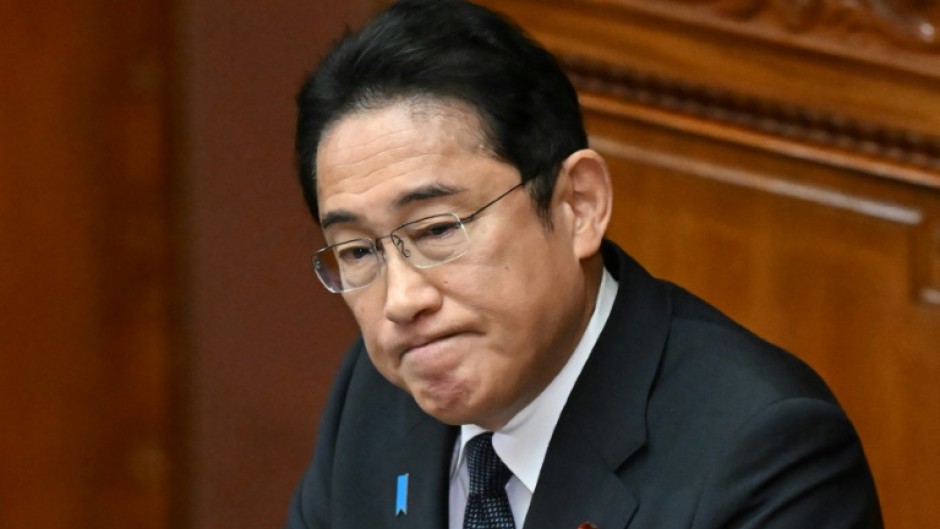TOKYO - Japanese Prime Minister Fumio Kishida announced a stimulus package worth more than $100-billion on Thursday as he tries to ease the pressure from inflation and rescue his premiership with his poll ratings at a record low.
Voters in the world's third-largest economy have been reeling from rising prices since Russia launched its invasion of Ukraine last year, pushing up energy costs and putting pressure on the government.
"We are seeing that the tide is turning from the vicious cycle of deflation -- symbolised by low prices, low wages and low growth," Kishida told a meeting where he revealed the size of the package would be around 17 trillion yen ($113.2-billion).
"For the first time in 30 years, we are facing a great opportunity to move to a new economic stage," he added.
"On the other hand, in the current situation where the rise in wages is not catching up with the rise in prices, it is necessary to support people's disposable income temporarily so as to avoid moving back to deflation," he said.
The government was expected to give more details later, but reports said the programme would be worth 37.4 trillion yen when including private sector spending.
The plan involves income and residential tax reductions of 40,000 yen per person, and 70,000 yen cash handouts to low-income households, according to public broadcaster NHK and other local media.
Fuel subsidies will also be extended and there will be funds to promote investments in high-tech areas including the chip and space industries.
The package will likely add to Japan's debt mountain, which stood at 261 percent of gross domestic product in 2022, one of the world's highest.
The government has already injected hundreds of billions of dollars into the economy over the past three years since the Covid-19 pandemic.
GDP has been slowly picking up speed, with growth of 1.2 percent in April-June, but it is expected to have contracted since.
Japan was for decades beset by deflation but like other economies around the world, prices have risen since the Ukraine war began in February 2022.
A weaker yen, meanwhile, while welcome news to Japanese exporters, makes imports pricier and stokes inflation for households.

